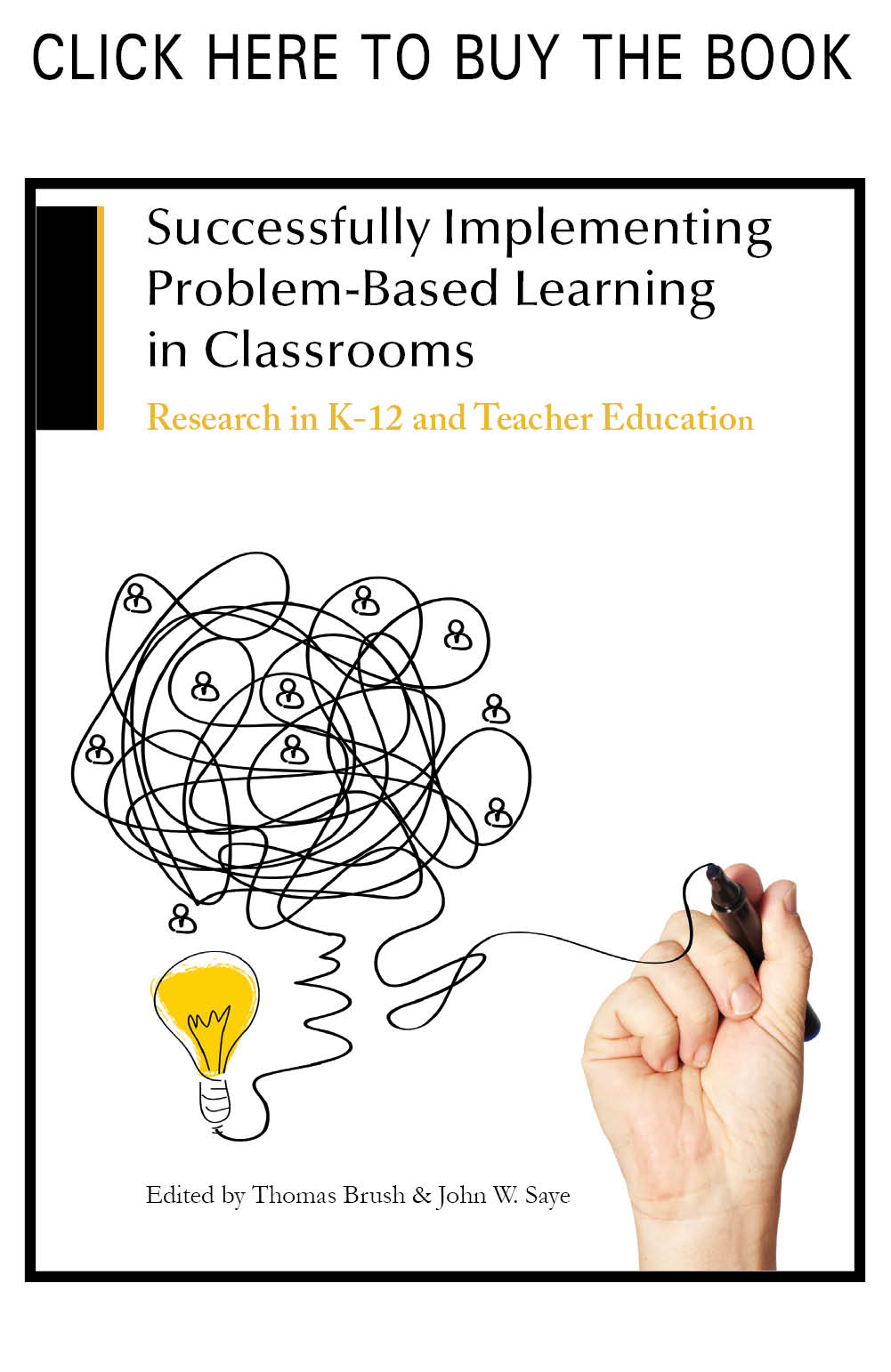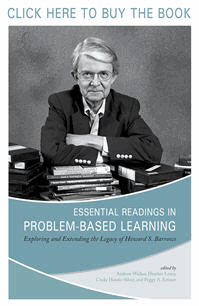Abstract
Science education scholars emphasize the significance of an integrative, interdisciplinary STEM (Science, Technology, Engineering, and Mathematics) education that encourages students to learn about the natural world through exploration, inquiry, and problem-solving experiences. This article reports on a professional development program aimed at improving a group of secondary science and mathematics teachers’ competence in using a problem-based approach in the teaching of STEM. Through surveys, qualitative interviews and focus groups, the study investigated the teachers’ understanding and perceptions of problem-based learning (PBL) as an approach to interdisciplinary STEM education as well as their perceptions of the personal and systemic challenges in implementing such an approach in their professional practice. This investigation offers insight into how university-based professional development programs can support secondary educators’ understanding of, and ability to use an interdisciplinary problem-based STEM approach in their schools and classrooms. The study concludes with implications for practice and a discussion of how future interdisciplinary professional development can be conceptualized.
Recommended Citation
Asghar, A.
,
Ellington, R.
,
Rice, E.
,
Johnson, F.
,
&
Prime, G. M.
(2012). Supporting STEM Education in Secondary Science Contexts. Interdisciplinary Journal of Problem-Based Learning, 6(2).
Available at: https://doi.org/10.7771/1541-5015.1349




